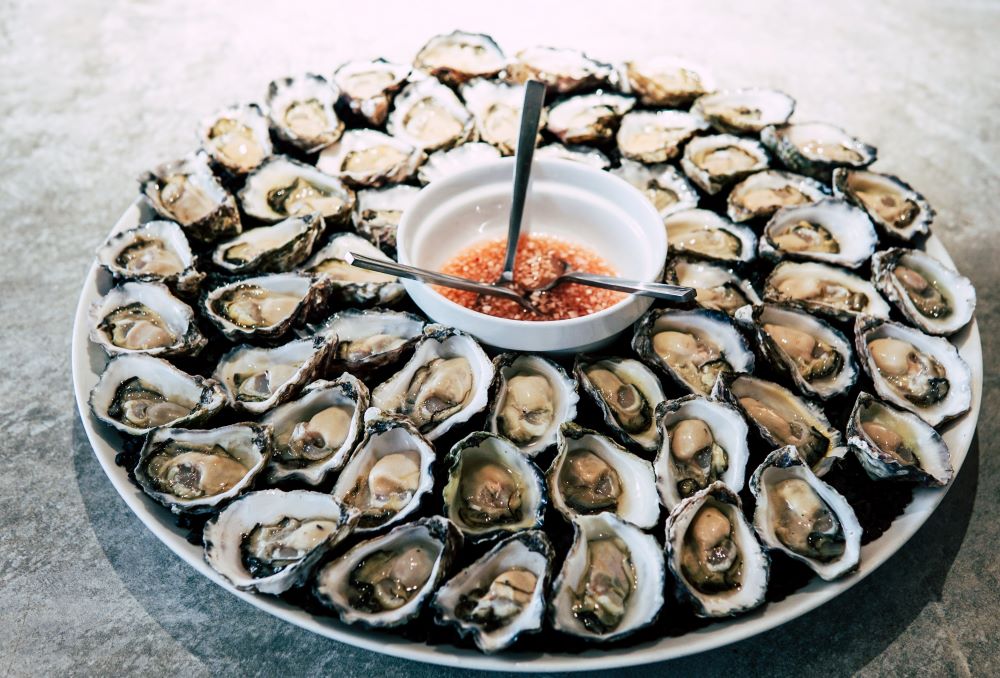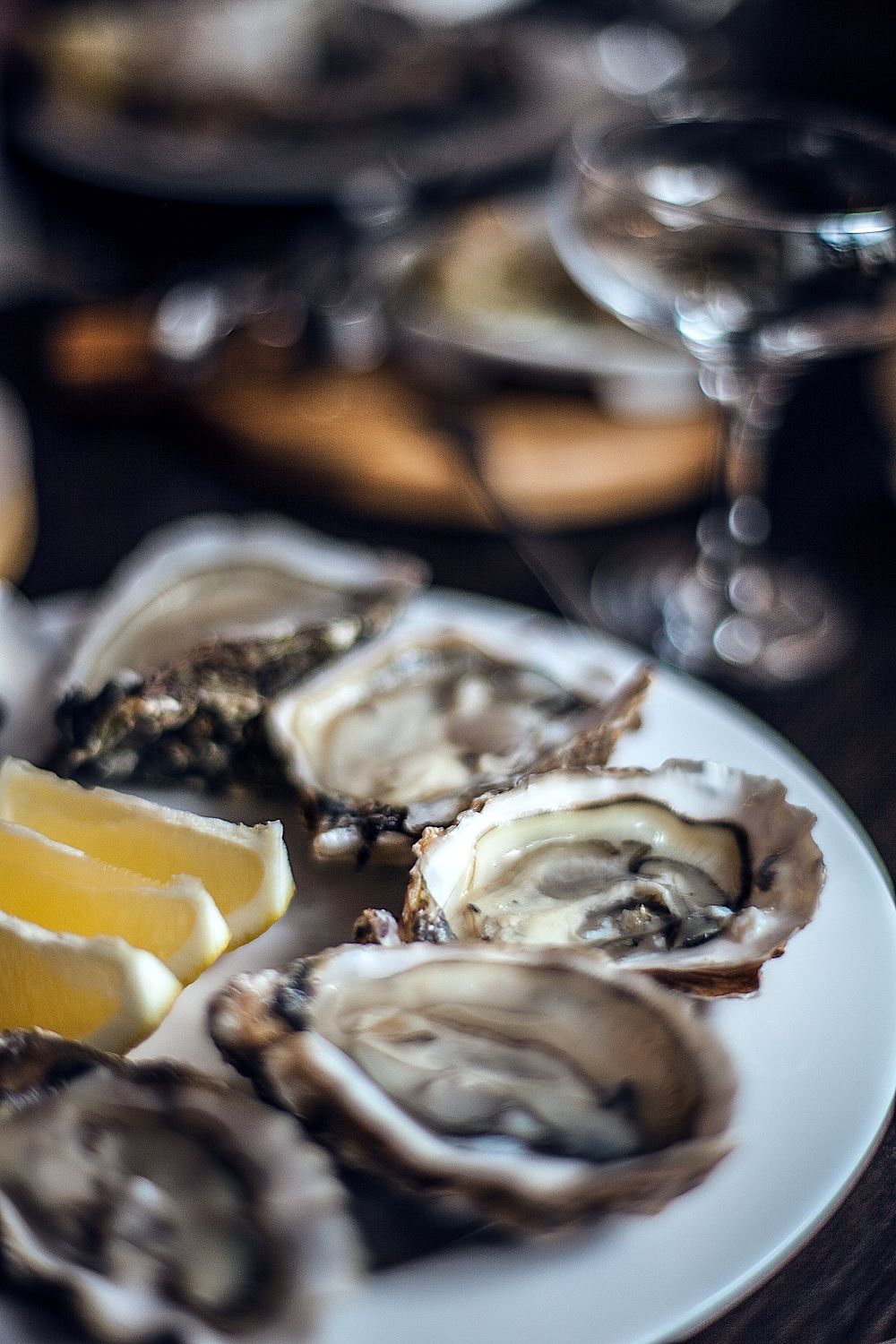The festive season in France has been met with an unexpected twist – a temporary ban on oysters from the famed Arcachon Bay due to norovirus contamination. While necessary to safeguard public health, this precautionary measure has cast a shadow over the livelihoods of oyster farmers and the cherished tradition of enjoying oysters during the holidays.
According to reports, the ban stems from a recent spike in foodborne illness cases linked to norovirus, a highly contagious virus that causes severe vomiting and diarrhea. French health authorities, acting swiftly to curb the spread of the virus, have prohibited the fishing, harvesting, and marketing of shellfish from the bay until further notice.
This decision has understandably been met with resistance from oyster producers in Arcachon Bay.
In a published statement, Arcachon’s regional shellfish farming committee said it had a “heavy heart.”
The statement continued, “It is clear that Arcachon Bay and, as a result, the oyster farming profession, are victims of the saturation of wastewater and rainwater networks, overflowing into the natural environment and contaminating production areas.”

Oysters, prized for their delicate flavor and considered a festive delicacy in France, are a vital source of income for local communities. With its increased demand for oysters, the holiday season is particularly crucial for their economic well-being.
The temporary ban highlights the delicate balance between public health concerns and economic livelihoods. While protecting consumers from foodborne illness is paramount, the impact on oyster farmers and the local economy cannot be ignored.
French authorities are currently investigating the source of the norovirus contamination in Arcachon Bay. Understanding the cause of the outbreak is crucial to implementing effective prevention measures and ensuring the long-term sustainability of the oyster industry.
“Preventing contaminated oysters from ending up on consumers’ plates is the top priority for professionals, even if it comes with very serious economic consequences,” the regional shellfish farming committee also said.
In the meantime, consumers are advised to exercise caution when consuming shellfish. Thorough cooking and proper hygiene practices can significantly reduce the risk of contracting norovirus.
Most norovirus foodborne illnesses in France have been linked to consuming contaminated shellfish, particularly raw oysters. However, foodborne illness can also be transmitted between people. To limit norovirus exposure, health officials recommend washing your hands regularly, avoiding food handling while experiencing any gastroenteritis symptoms, and washing fruits and veggies before eating them.
The temporary ban on Arcachon Bay oysters is a stark reminder of the interconnectedness of our food system and the importance of prioritizing public health and economic well-being. France is Europe’s top European producer and consumer of oysters, with an industry estimated to bring in €403 million every year.
As investigations continue and efforts are made to address the contamination, everyone is hoping for a swift resolution that can allow oyster farmers to resume their livelihoods and consumers to enjoy this cherished holiday tradition with peace of mind and without fear.
Sources:
Oysters in France’s Arcachon Bay temporarily banned after norovirus detected
French health chiefs ban Bordeaux oysters amid norovirus scare


Join the conversation!